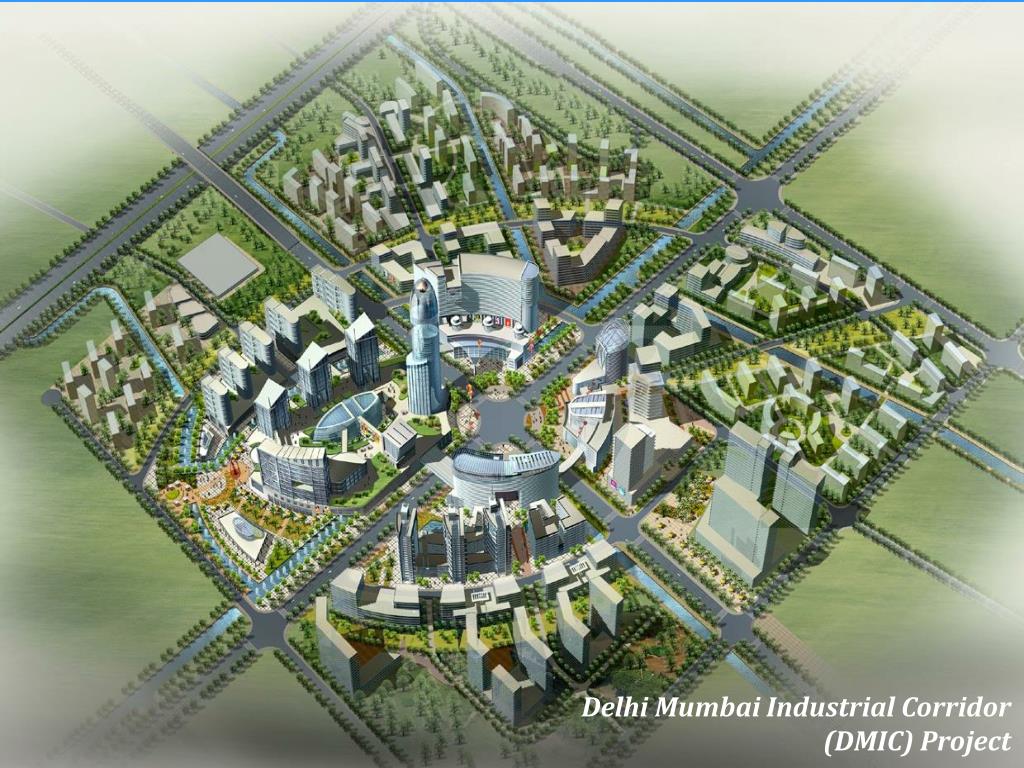Shree Balaji Warehouse is located in one of the best industrial zones near VKI Area, Delhi Road, Jaipur, offering excellent access to major highways and logistic hubs. Its strategic location ensures smooth transportation, strong connectivity, and high potential for business growth.
As demand for well-connected logistics and storage hubs increases in Jaipur, Shree Balaji Warehouse introduces a golden opportunity for investors and businesses to own premium warehouse land near VKI and Appu Ghar, two of the most strategic locations on Delhi Road, Jaipur. Offering well-planned warehouse plots at just ₹11,000 per gaj, this project ensures great value, superior connectivity, and strong long-term returns.
Whether you are into logistics, wholesale trading, distribution, or e-commerce, this project is ideal for setting up warehouses, godowns, storage facilities, and distribution centers.
Shree Balaji Warehouse is situated in one of Jaipur’s most commercially active corridors — Delhi Road — which connects the city directly to the National Capital Region (NCR). Its proximity to Vishwakarma Industrial Area (VKI) and Appu Ghar makes it a high-demand zone for warehousing and industrial storage.
Shree Balaji Warehouse is designed specifically for warehouse development with RIICO/JDA-approved land, clear demarcation, and essential infrastructure already under planning. Plots are available in multiple sizes, suitable for both small storage units and large logistics centers.
Developed with a focus on functionality and easy movement of goods, Shree Balaji Warehouse ensures a smooth operating environment for all warehousing needs.
In this context, the Delhi-Mumbai Industrial Corridor (DMIC) is being developed. It is a mega infrastructure project by the Indian government, spanning 1,504 kilometers between Delhi and With limited availability and increasing demand in the Delhi Road-VKI corridor, this is the right time to invest in Jaipur’s fast-growing warehousing sector. Secure your space in Shree Balaji Warehouse and enjoy high growth potential and long-term returns.
📍 Shree Balaji Group, Jaipur
Call/WhatsApp: +91-7300095005
Website: www.shreebalajigroup.com
Email: contact@shreebalajigroup.com
Shree Balaji Warehouse is more than just a land investment — it’s a gateway to building your logistics business in Jaipur’s most promising zone. At just ₹11,000 per gaj, with flexible plot sizes and prime connectivity, this project offers everything you need to set up a future-ready warehouse.
Don't miss out. Book your plot now and grow with Shree Balaji Group.
Encourages the establishment of manufacturing units and industrial zones.
Opens up extensive employment opportunities.
Positively impacts real estate and urban growth.
Aims to set benchmarks for global economic integration.
Spread across 356 bighas on State Highway 8A, near Renwal, Jaipur.
27 km from Khatu Shyamji.
95 km from Salasar Balaji.
70 km from Jaipur.
7 km from Renwal Town
18 km from Mandiryo
40 km from Chomu
60 km from Sikar